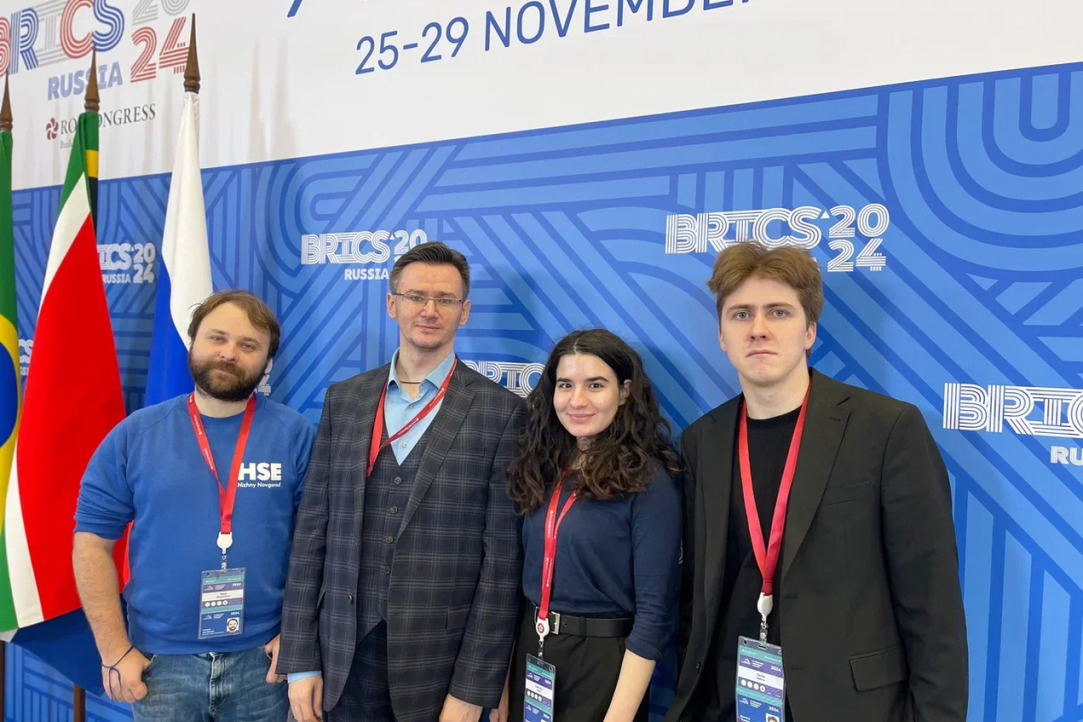
“I decided to study what really interests me, and in my case it was philology”
Amaël Renard is a second-year student of “Philology” course, who travelled from Germany to Nizhny Novgorod and got into HSE. After graduating from thirteen years of school, Amael took a break in his education, visiting seventeen countries during that time, and then enrolled in our bachelor's program with little knowledge of Russian. Amael's path was not easy, but now he is successfully juggling philology, working as a tutor, playing sports, and traveling. Amael told us about his experience of university admission and adaptation in a completely new environment.

The Future Through the Eyes of Young Scientists
A delegation of teachers and students from the HSE Campus in Nizhny Novgorod participated in the IV Young Scientists Congress and the IX BRICS Young Scientists Forum held in Sochi. These two key events of the Russian Decade of Science and Technology brought together representatives of the academic and university community, state corporations, private businesses, and public organisations to envision the future of Russian science through the lens of the younger generation.

HSE University Named Online Education Leader in THE Rankings
HSE University has been awarded ‘Gold’ status in the Times Higher Education (THE) Online Learning Rankings 2024 alongside 10 other global universities. A new subset of the Times Higher Education World Rankings, the Online Learning Rankings (OLR) are focused on global universities that develop online education.
